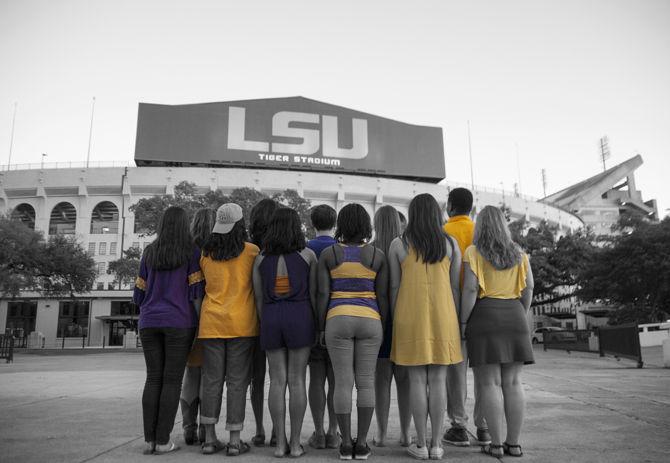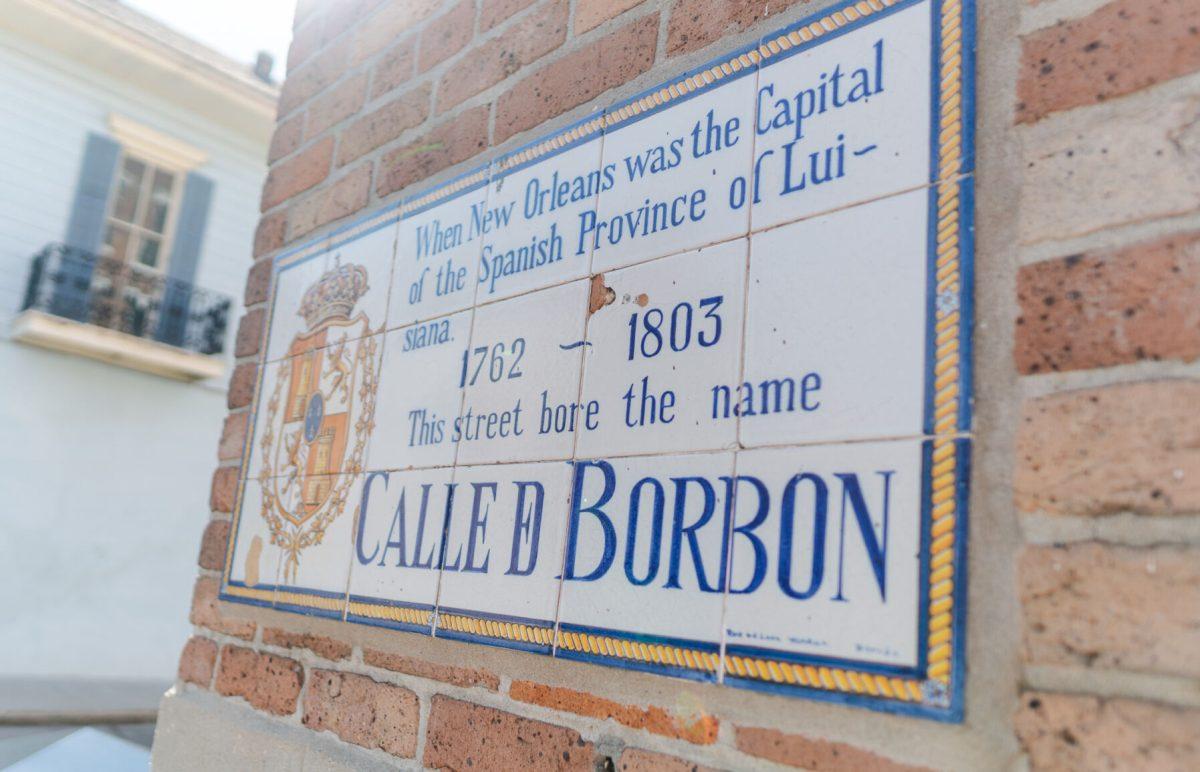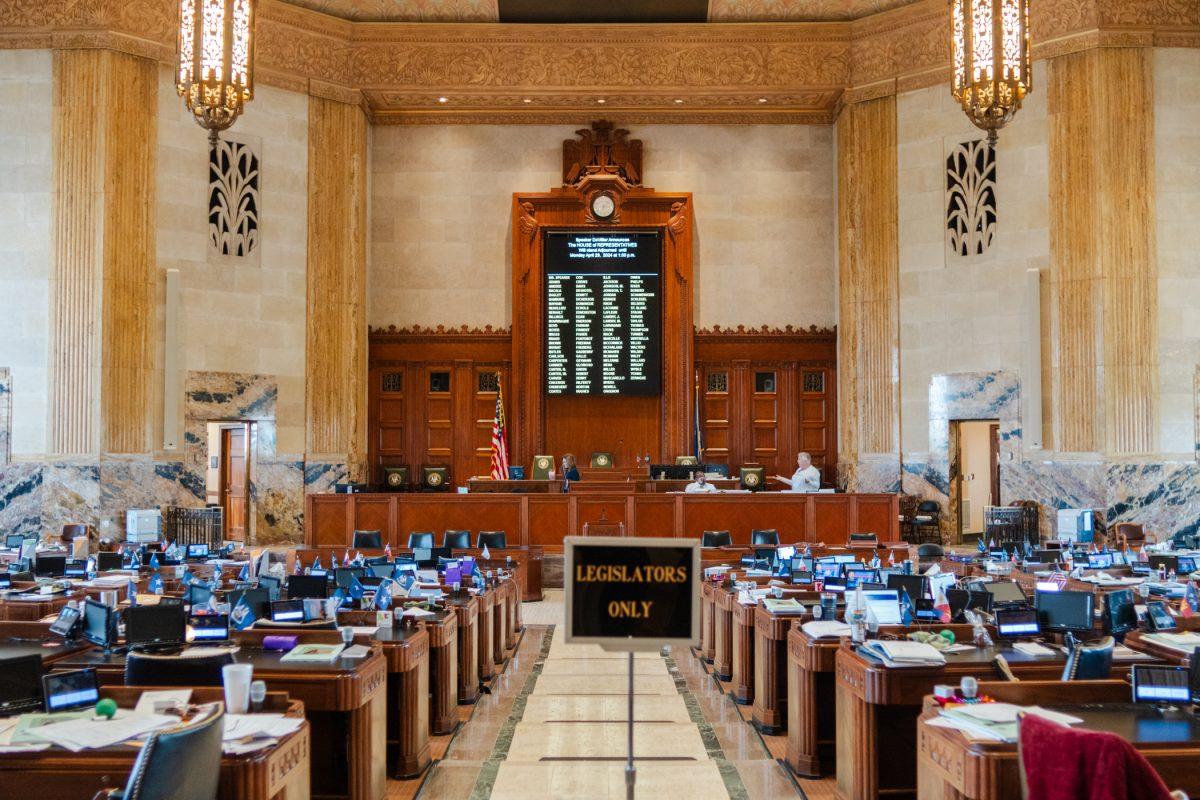Of the 12 rapes reported to LSUPD since 2010, all but one occurred on LSU gamedays and gameday weekends, according to an investigation by The Daily Reveille.
The LSUPD daily crime log for the past six years shows that seven of its 12 reported rapes allegedly occurred on the days or weekends of LSU football games, two on LSU basketball gamedays and two on the days of LSU baseball games. All but one football and one basketball game were at home.
The University’s Lighthouse Program, which accepts reports from survivors who may not have reported to LSUPD, has seen increased reports of rape following home football games, said Seirra Fowler, LSU Student Health Center Wellness and Health Promotion assistant director.
Football gamedays create an environment dangerously conducive to sexual assault, said kinesiology junior Camille Faircloth, a student advocate for “We’re Committed,” a Student Government initiative aimed at combatting sexual assault on campus.
“There’s alcohol present, there’s a huge number of people, there’s so many distractions, it’s at night,” Faircloth said. “It’s during those prime times when sexual assaults occur.”
Texas A&M University researcher Jason Lindo found that college gamedays correlate with increased reports of rape. A December report by Lindo and his colleagues suggests that Division I football gamedays are marked by 28 percent more reports of rape among 17- to 24-year-old women.
Lindo’s research concluded that football games mark 253-770 additional rapes per year across all 128 Division IA football schools — a category that includes LSU, University of Louisiana at Lafayette, University of Louisiana at Monroe and Louisiana Tech University.
The research also showed reports of rape increased by 41 percent during college home games and increased by 15 percent during away games. Reported rapes increased marginally when a team unexpectedly beat a higher-ranked opponent.
LSUPD spokesperson Capt. Marshall Walters said football games are busy days for the department because, “you’re bringing in 100,000 extra people” and bracing for more alcohol-related crime incidents.
In response to a request for comment from LSU President F. King Alexander, University spokesperson Ernie Ballard said in an email, “The university, including LSU Police, the Student Health Center and other departments, strive to make the gameday experience as safe as possible. LSU Police, along with public safety partners such as state and city police, specifically target alcohol-related crimes on football gamedays, along with the many other efforts to police the gameday campus population … [We] want people to understand that our university and community have no tolerance for [sexual assault].”
Vice Chancellor and Director of Athletics Joe Alleva did not respond to a request for comment.
LSUPD spokesperson Lt. Kevin Scott attributes the increase in reported rapes on gamedays to greater alcohol consumption.
“I see no reason for this to be shocking data … It’s an energetic weekend,” he said. “Certainly, people are going to be more active.”
Scott said he sees an increase in every category of offense on football gamedays — not just sexual assault — and not all reports of rape to LSUPD guarantee a rape actually occurred.
Scott said he suspects national research identifying sexual assault as underreported is factual, but said he is not sure about the commonly cited statistic alleging one in five female college students experience sexual assault at some point during their college career.
“If you surveyed 100 girls, or 1,000 female students on LSU’s campus, will you really see one in five that say they’ve been sexually assaulted, if they’re really being honest?” Scott said. “Is that accurate? I mean, look at the numbers.”
Scott said he is skeptical of whether it is accurate to “rubberstamp” a national statistic on every individual community, and the number of sexual assault reports received by LSUPD do not support the one-in-five statistic.
But college women report completed or attempted rape to law enforcement less than five percent of the time, according to a report from the National Institute of Justice and the Bureau of Justice Statistics.
Faircloth said LSUPD officers may have a skewed perspective because they see the issue through the lens of received reports rather than as female college students do — firsthand.
She said she expects more survivors are going to the Lighthouse Program and the LSU Women’s Center for help than to LSUPD.
The Campus Climate Survey, a recently completed community-wide study, aims to “assess the knowledge, perceptions and behaviors of [LSU] students, faculty and staff regarding sexual misconduct,” according to a December update to the University’s Title IX Policy.
Faircloth believes the study will reveal that the University most closely aligns with a one-in-four ratio of sexual assault among college women, which she considers the national average.
“We’re on a campus of 30,000 people,” she said. “A lot can get lost behind that 30,000.”
Vast majority of LSUPD rape reports since 2010 fall on gamedays, gameday weekends
By Sarah Gamard
April 5, 2016
More to Discover








